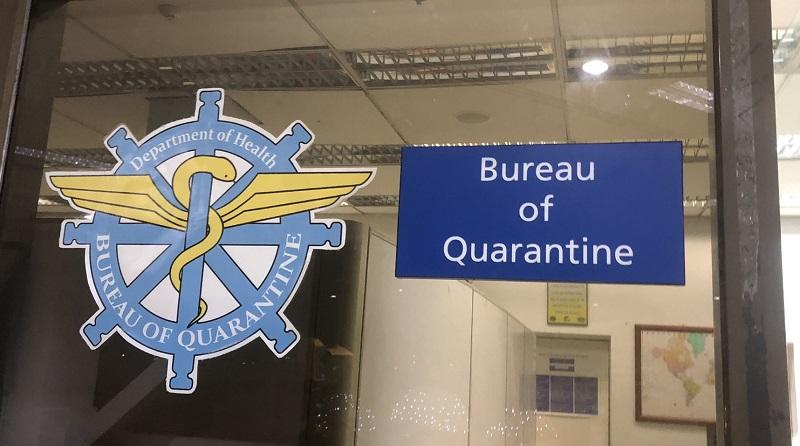BOQ on ‘heightened alert’ vs FLiRT COVID-19 variants

Health Secretary Ted Herbosa has directed the Bureau of Quarantine (BOQ) to conduct thorough screening at points of entry for arriving visitors coming from countries where the new COVID-19 “FLiRT” variants have been detected.
Department of Health (DOH) spokesperson Assistant Secretary Albert Domingo confirmed on Monday the BOQ’s Memorandum No. 2024-48 dated May 24, which placed all BOQ stations and other concerned agencies under “heightened alert” for the FLiRT variants.
“The BOQ, as directed by Secretary Herbosa, is conducting thorough screening for symptoms of COVID-19, among others,” Domingo told reporters.
The KP.2 and KP.3, more commonly known as “FLiRT,” are currently circulating COVID-19 variants under monitoring by the World Health Organization (WHO). They are descendants of the JN.1—a variant of interest—which was responsible for the infection increase earlier this year.
The BOQ, a line bureau of the DOH, thus reminded travelers to complete the health questionnaire available on the e-travel app. Those who have COVID-19 signs and symptoms were also advised to go on home isolation.
“The general public should take basic health measures such as frequent hand washing, coughing etiquette, avoiding crowded situations and getting in contact with people with flu-like symptoms,” the memorandum read.
According to the DOH, all regions in the country remain at low risk for COVID-19, despite a “small” increase in cases recently observed and new variants being monitored internationally.
Herbosa had even said he would not recommend any border control or travel restrictions amid the reported increase of COVID-19 in Singapore.
For his part, infectious diseases expert Dr. Rontgene Solante on Thursday said that while the FLiRT variants pose “low public health risk,” the public should remain vigilant and keep themselves protected.
He said that even normal individuals could also be at risk, as the previous COVID-19 vaccines made available in the country could no longer give much protection against these newer coronavirus strains. — RSJ, GMA Integrated News




